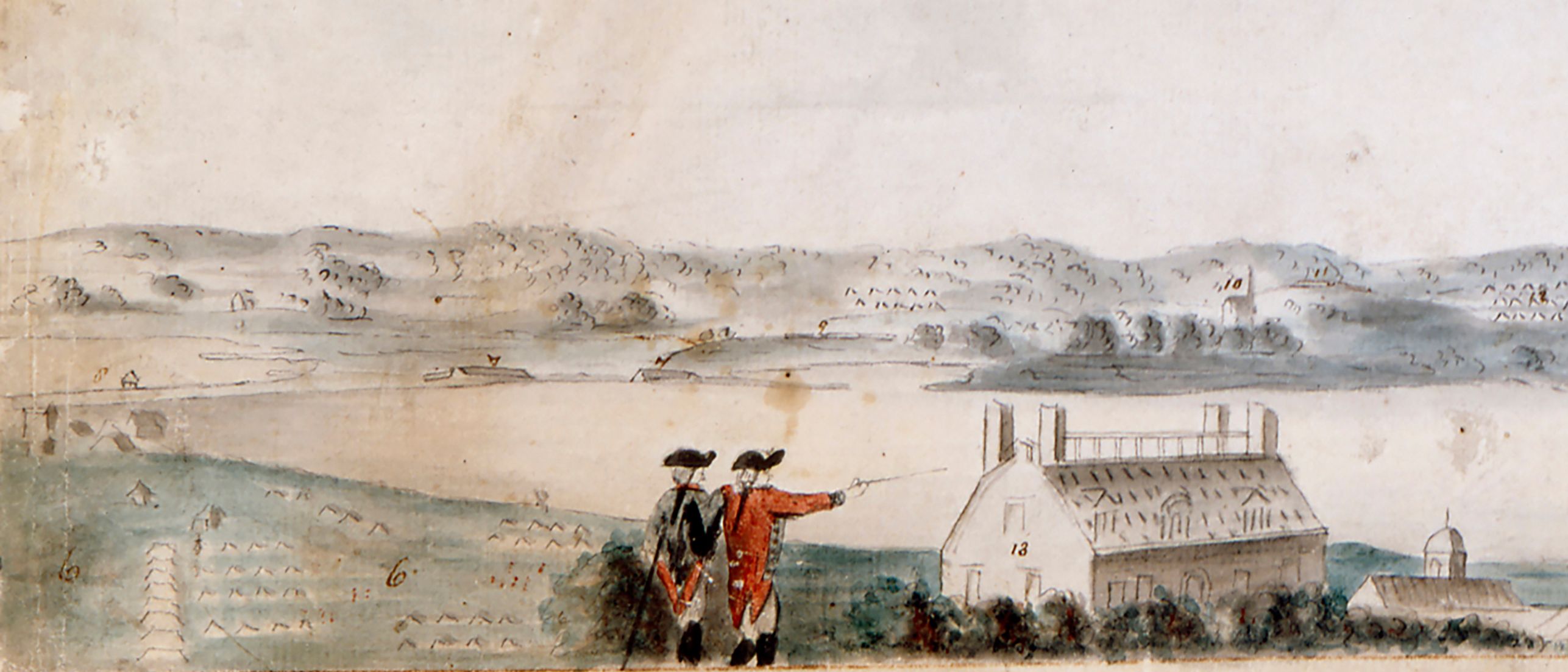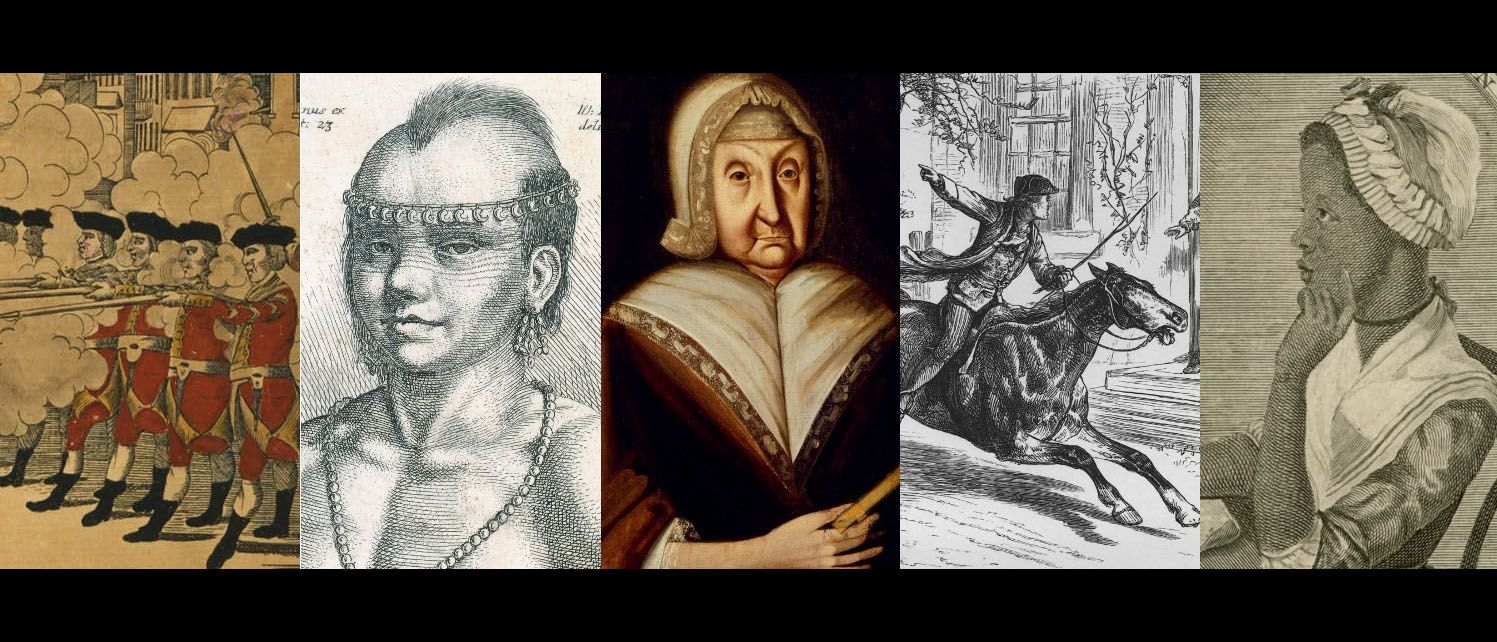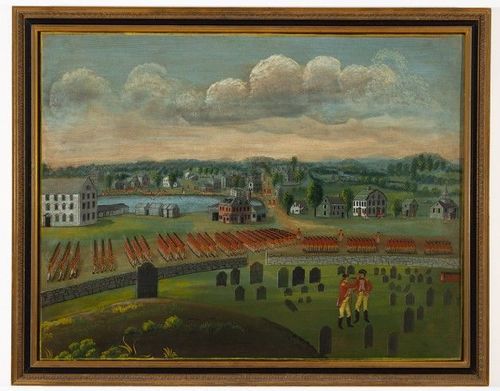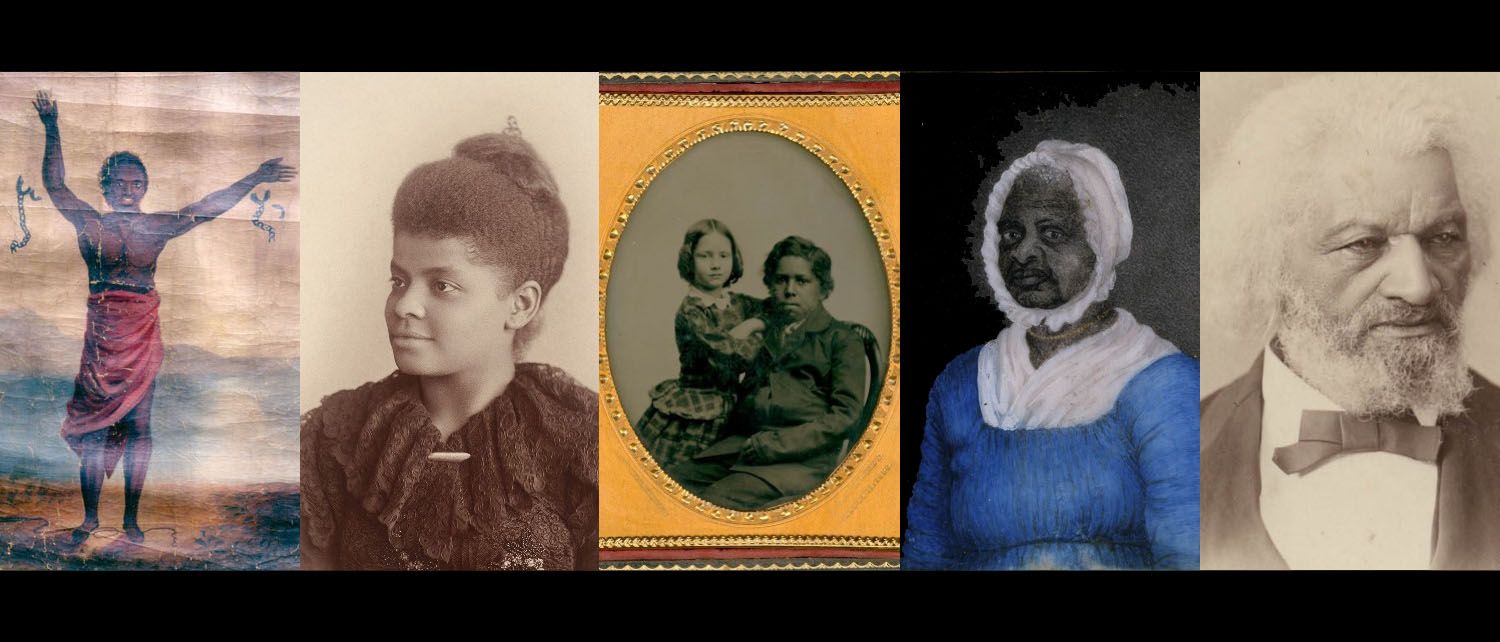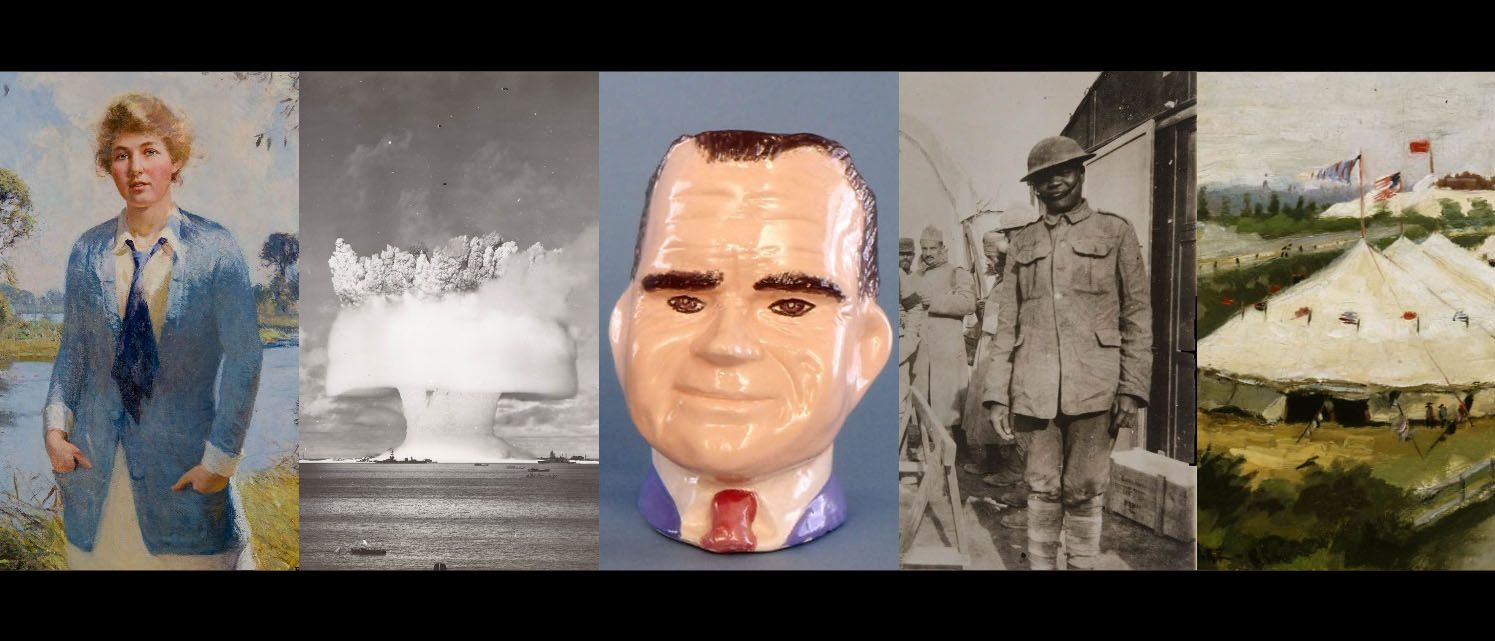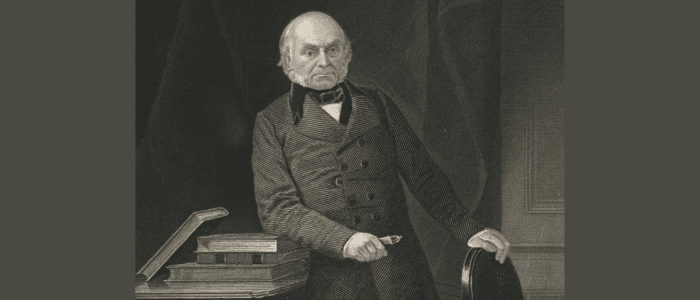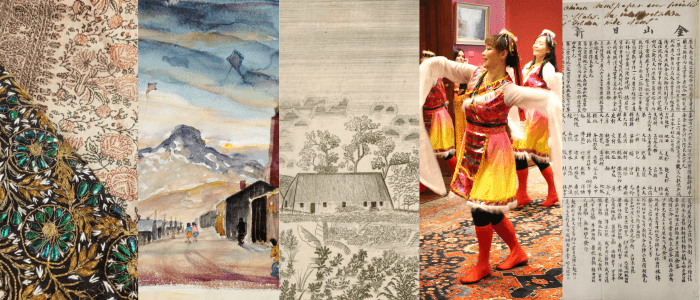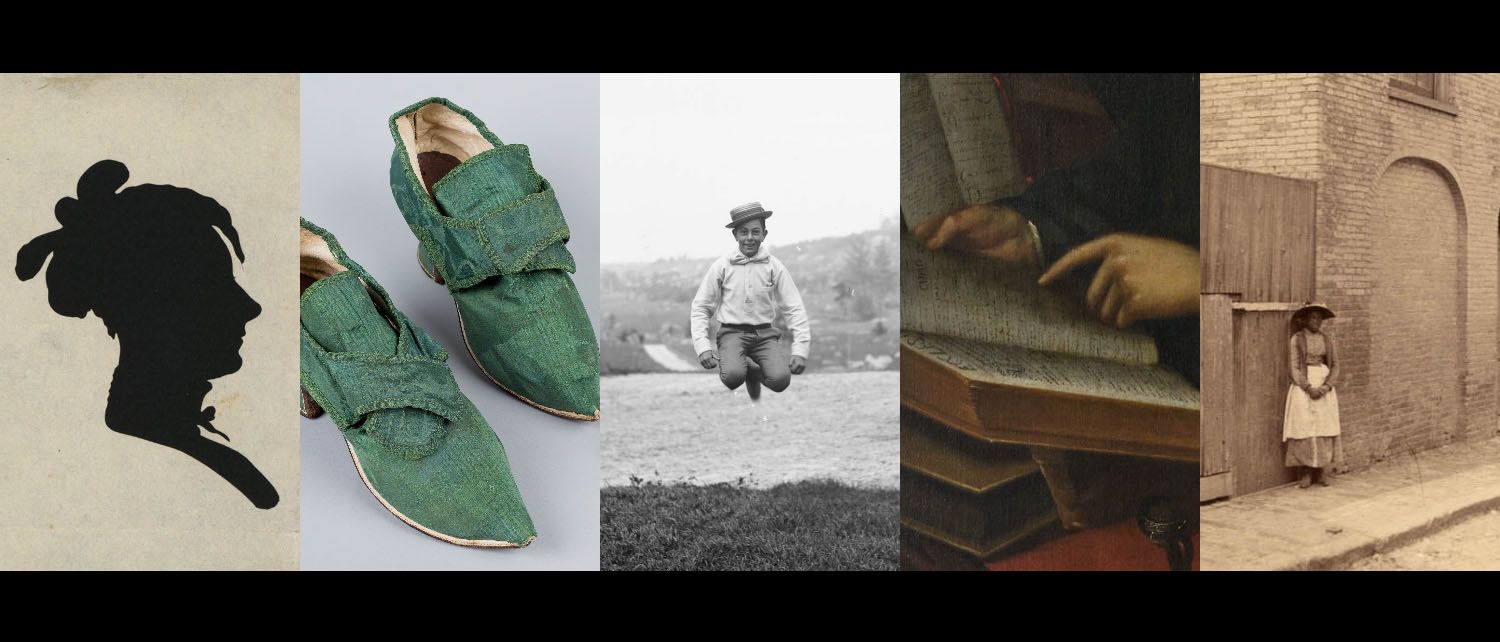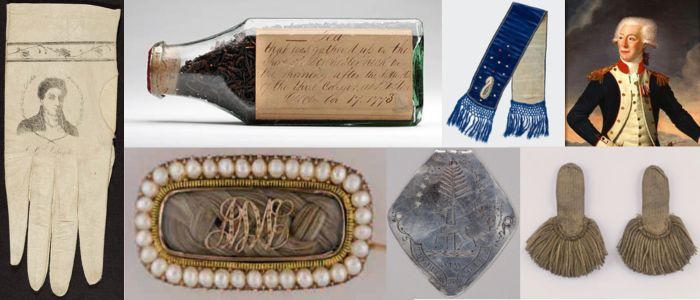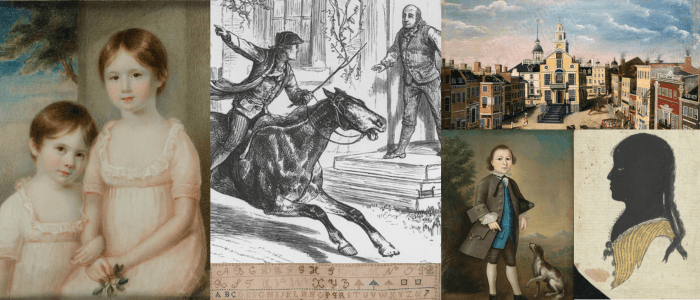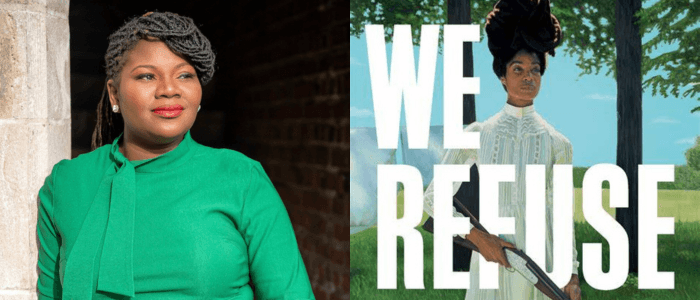Event
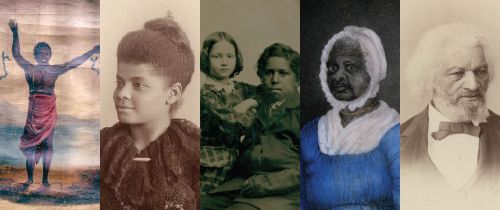
“Justice for Myself and Children”: Navigating Child Support Cases between Freedwomen and Former Enslavers
Author: Ashley Towle, University of Southern Maine
Comment: Brandi C. Brimmer, University of North Carolina at Chapel Hill
This is a hybrid event. The in-person reception will begin at 4:30 PM.
This paper examines cases in which formerly enslaved women demanded child support for the children they had with their former enslavers while they had been enslaved. Drawing on sixteen cases from across the South between 1865 and 1868, this paper contends that freedwomen made these claims not only to provide a modicum of economic aid for themselves and their families, but to affirm their rights as women and as mothers--rights that had previously been denied to them while enslaved. Using the Freedmen’s Bureau, these women challenged the power of the former slaveholding class at the most intimate level of sexual access. They sought, if necessary, to publicly expose the injustices done to them while enslaved. Ultimately, their cases reveal that these women believed a successful life in freedom required a reckoning with the evils of slavery.
Join the conversation at the African American History Seminar. Seminars bring together a diverse group of scholars and interested members of the public to workshop a pre-circulated paper. Learn more.
Purchasing the $25 seminar subscription gives you advance access to the seminar papers of all seven seminar series for the current academic year. Subscribe at www.masshist.org/research/seminars. Subscribers for the current year may login to view currently available essays.
Hybrid Event
The in-person reception starts at 4:30 PM and the seminar will begin at 5:00 PM.
Masks are optional for this event.
The virtual seminar begins at 5:00 PM and will be hosted on the video conference platform, Zoom. Registrants will receive a confirmation message with attendance information.
By registering you are agreeing to abide by the MHS Visitor Code of Conduct.
